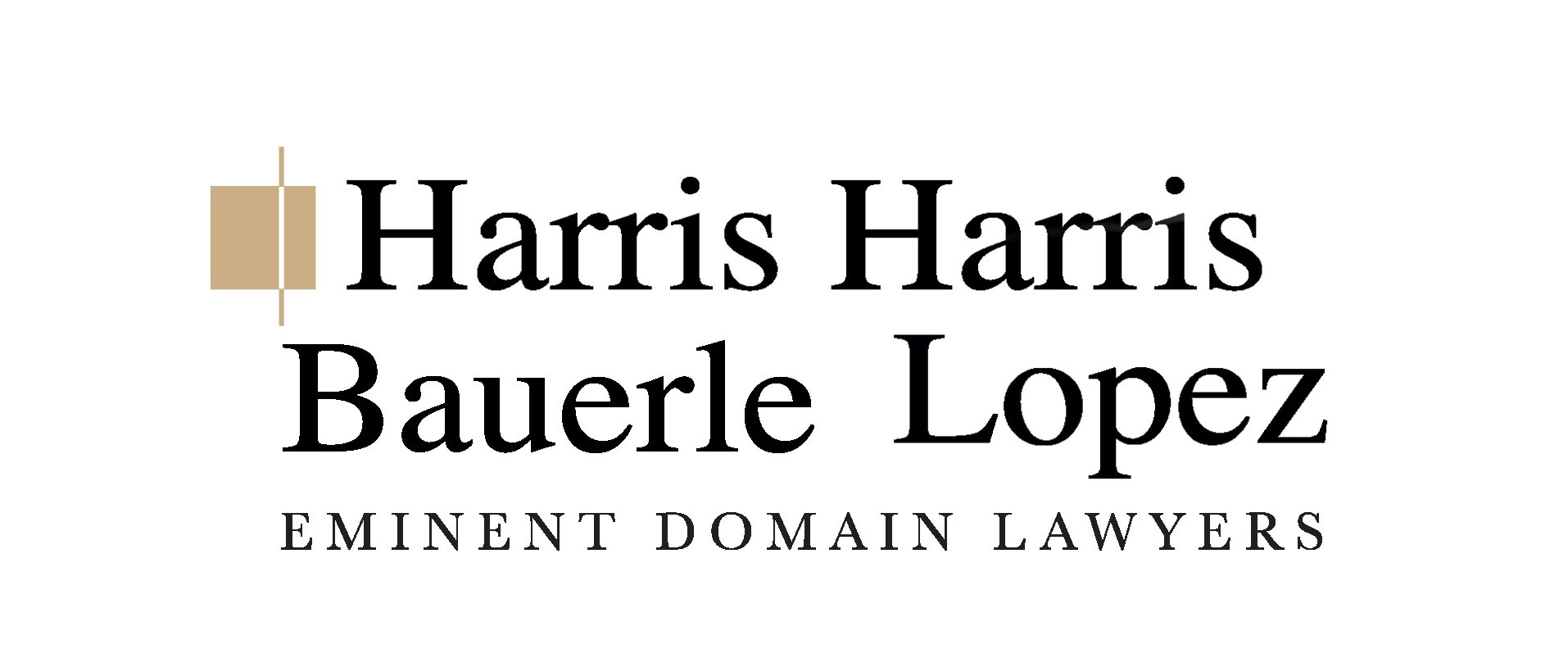Categories for Uncategorized
Court of Appeals sides with HHBL and property owners
August 21, 2020Read the press release at PRNewswire
What does “full compensation” mean in eminent domain proceedings?
August 18, 2020When the government takes your property for public use, you may feel like you are losing out on a significant... View Article
06/29/2020 Florida’s Turnpike decides against Colonial Parkway toll road expansion in Orange County
June 29, 2020Upon completion of its project development and environmental study, along with a preliminary traffic and revenue estimate, Florida’s Turnpike Enterprise... View Article
05/27/2020 – COVID-19, Now What?
May 27, 2020COVID-19 has taken lives and disrupted lives in virtually every possible way. The impact to Florida’s economy could be particularly... View Article
02/28/2020 – Spending $210 Million Dollars in Osceola County
February 28, 2020Osceola County is planning on spending $210 million dollars within the next few years on road projects. The cash is... View Article
02/27/2020 – Highest and best use in eminent domain cases
February 27, 2020When the government takes property for a public purpose in Florida, the property must be valued according to its highest... View Article
02/13/2020 – What to do when you find out that your property may be condemned by the power of eminent domain
February 13, 2020Call us right away. There is no risk: If there is no condemnation, there is no fee. If there is... View Article
12/27/2019 – Knick v. Township of Scott
December 27, 2019For virtually every federal constitutional right where you believe you have a claim, you can file a lawsuit in federal... View Article
12/17/2019 – We take pride in our work
December 17, 2019We take pride that we work small eminent domain/condemnation cases just as hard and carefully as we do large cases.... View Article
